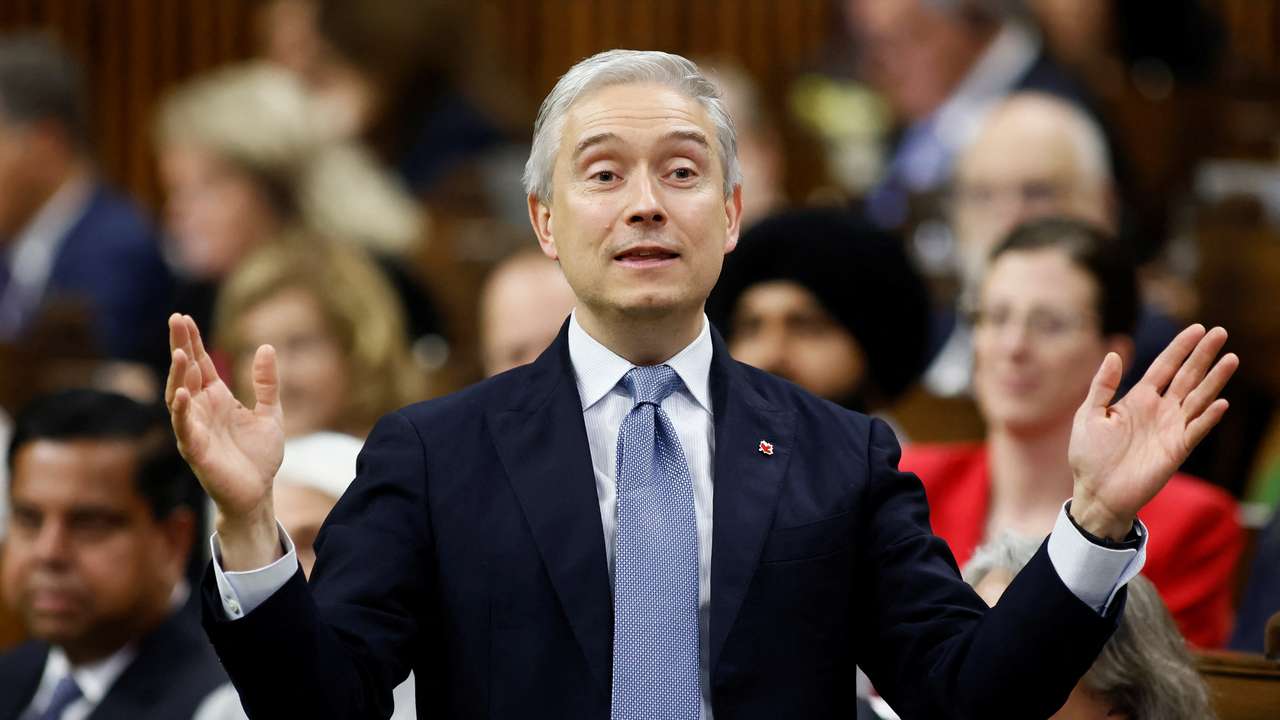Economic uncertainty cannot be new norm, says Canada at G20

By Philip Blenkinsop
Major economies cannot allow uncertainty to become the new norm even though they face a novel world of growing trade restrictions and tariffs, Canada's finance minister said on Thursday.
G20 finance ministers and central bankers meeting near Durban face a challenge to produce a final communique at a meeting overshadowed by Donald Trump's tariffs and in the absence of U.S. Treasury Secretary Scott Bessent.
Canada's Francois-Philippe Champagne told Reuters he was cautiously optimistic a final communique would be agreed, but that the G20 of large developed and developing countries had in any case to send a clear message.
"We cannot allow uncertainty to become the new certainty. Uncertainty is the word that came probably the most in the discussions today," he said at the end of the first day of the July 17-18 G20 meeting.
Champagne saw a major rebalancing of trade due to restrictions and tariffs that would lead to diversification, different alliances and even new shipping lanes.
The minister, who will also chair a G7 meeting on Friday morning, said he wanted the G20 to end with statements that restored business and consumer confidence, saying there were a number of things nations could collectively work on to do so.
This included infrastructure investment and African development, describing the continent as "in many ways the future", with a fast-growing $3.4 trillion economy and a rapidly expanding young population who needed to be given opportunities.
"The three pillars that attract investment are stability, predictability and the rule of law. And we need to work on that. I've even invited a number of African countries to formalise growing investment protection agreement," he said.
"We want to see a flow of investments. We need to tackle that to provide investors the kind of confidence they need to invest."
This article was produced by Reuters news agency. It has not been edited by Global South World.